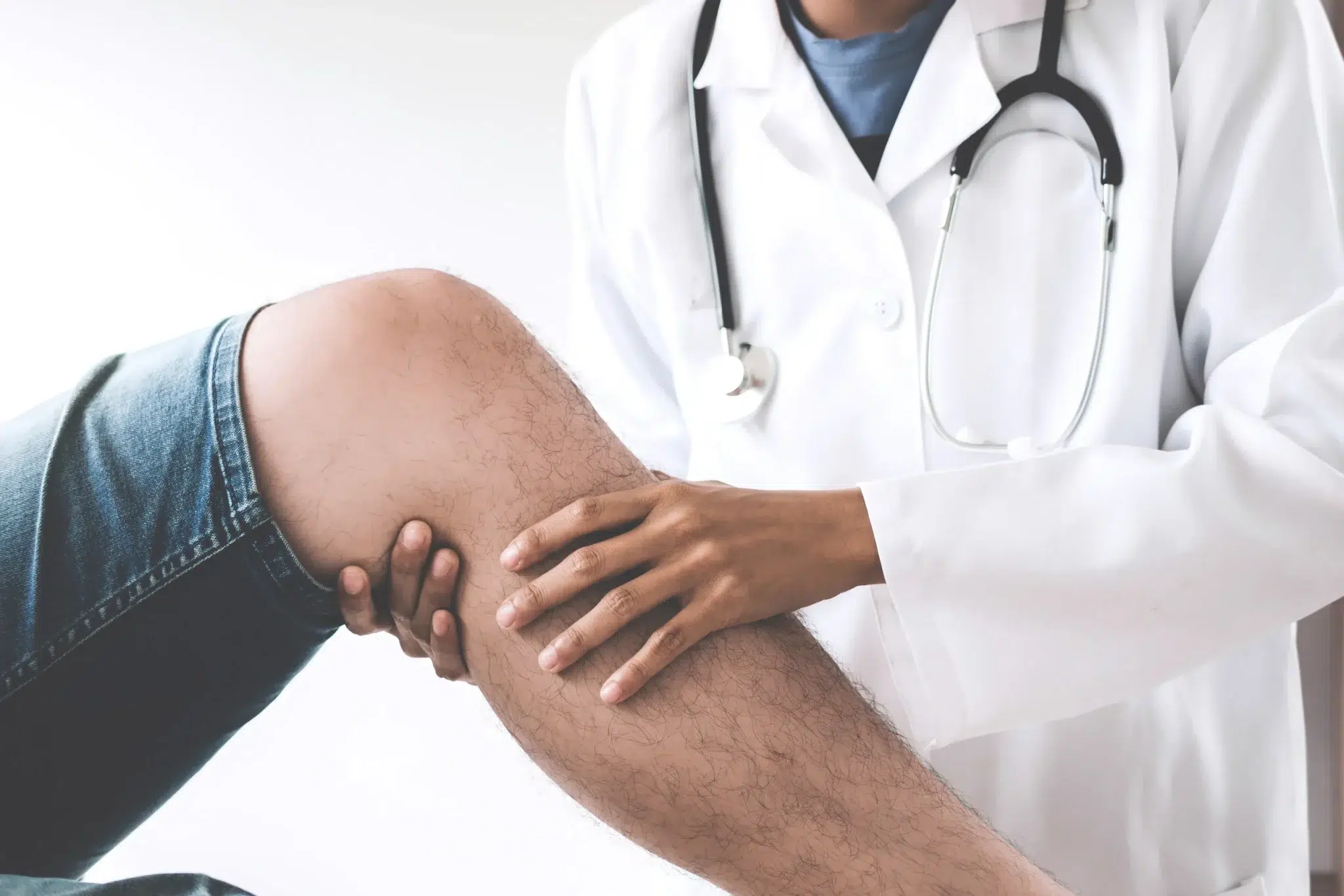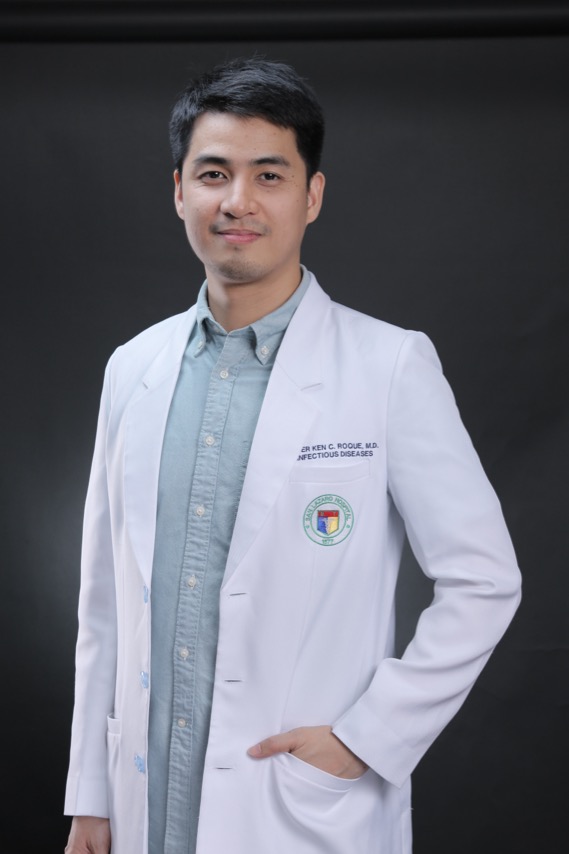What is a Wound Doctor Specialist?
A Wound Doctor Specialist is a medical professional trained to treat complex, chronic, or non-healing wounds that require more than standard care. These specialists have expertise in evaluating the underlying causes of wounds, including circulation problems, diabetes, or immune deficiencies. Unlike general practitioners, wound doctors focus on advanced diagnostic methods and personalized treatment strategies to promote faster and safer healing. They handle a wide variety of wounds, from acute injuries like surgical incisions and burns to chronic conditions such as diabetic foot ulcers or pressure sores. By addressing both the symptoms and root causes, wound specialists reduce the risk of infection and other complications. Their training often includes knowledge of modern wound care technologies, surgical interventions, and rehabilitation techniques. Patients benefit from their targeted approach, which often results in improved healing outcomes and overall well-being.
When to See a Wound Doctor Specialist
Knowing when to consult a Wound Doctor Specialist can make a significant difference in recovery. Persistent wounds that fail to heal within a few weeks or those that show signs of infection, such as redness, swelling, or discharge, require specialized attention. Patients with underlying conditions like diabetes, vascular disease, or weakened immune systems are at higher risk for complications and should seek care early. Delayed treatment can lead to chronic wounds, infections, or even more severe complications such as gangrene. Signs like pain, foul odor, or skin discoloration indicate the need for immediate professional evaluation. Early intervention by a wound specialist often prevents the condition from worsening and promotes faster, more effective healing. Specialists also provide guidance on wound prevention and maintenance to reduce recurrence.
Common Treatments Provided by a Wound Doctor Specialist
A Wound Doctor Specialist employs a wide range of treatments tailored to each patient’s unique needs. Advanced wound care techniques may include specialized dressings, negative pressure wound therapy, and surgical debridement to remove dead tissue. Some specialists use growth factors, skin substitutes, or bioengineered products to stimulate tissue regeneration. Infection control is critical, and wound doctors may prescribe targeted antibiotics or topical agents to prevent or treat infections. Pain management strategies are also part of comprehensive care, ensuring patient comfort throughout the healing process. Nutrition and lifestyle recommendations may be incorporated to enhance recovery, particularly in patients with chronic conditions. Regular monitoring and follow-up visits allow the specialist to adjust treatments and address any new complications promptly.
The Diagnostic Process
Effective treatment begins with a thorough diagnostic process conducted by a Wound Doctor Specialist. This typically includes a detailed review of the patient’s medical history, lifestyle factors, and previous treatments. Specialists may use imaging tools such as X-rays or ultrasounds to assess the depth and severity of wounds. Blood tests and tissue cultures can identify infections or underlying systemic issues. Once all information is gathered, the doctor develops a personalized treatment plan that targets both the wound and its root causes. This approach ensures that therapies are effective, safe, and tailored to the individual. Clear communication between the doctor and patient is crucial to understanding the expected timeline, care instructions, and potential challenges. Proper diagnostics also reduce the risk of mismanagement and unnecessary treatments.
Multidisciplinary Approach to Wound Healing
Wound healing often requires collaboration between multiple healthcare providers. Wound Doctor Specialists frequently work with podiatrists, vascular surgeons, endocrinologists, and physiotherapists to provide comprehensive care. Nutritionists may also be involved to optimize healing through proper diet and supplementation. Lifestyle management, including mobility, exercise, and hygiene, is emphasized to prevent recurrence. Patient education is another critical component, helping individuals understand how to care for wounds at home and recognize early signs of complications. A multidisciplinary approach ensures that all aspects of the patient’s health are addressed, not just the wound itself. This collaboration significantly improves the overall success rate of treatment and helps patients regain independence and confidence in their daily activities.
Innovative Technologies in Wound Care
Modern wound care has advanced significantly due to technological innovations. Telemedicine allows Wound Doctor Specialists to monitor patients remotely, offering guidance and adjustments without frequent in-person visits. Advanced dressings, such as hydrocolloids, foams, and bioengineered skin products, promote faster tissue regeneration and reduce infection risk. Laser therapy, negative pressure devices, and regenerative medicine techniques, including stem cell therapies, are becoming increasingly common in advanced wound care. These technologies not only improve healing outcomes but also enhance patient comfort and reduce treatment time. Staying informed about these innovations allows patients to receive state-of-the-art care that may not be available through standard medical services. Wound specialists often combine these tools with traditional treatments to maximize recovery efficiency.
Benefits of Specialized Wound Care
Seeking a Wound Doctor Specialist provides multiple advantages, particularly for chronic or complex wounds. Patients typically experience faster healing times due to precise, targeted treatments. Specialized care reduces the likelihood of infection, scarring, and other complications that could arise from improper management. Pain and discomfort are minimized through personalized pain management strategies. Improved wound care also enhances quality of life by allowing patients to maintain mobility, independence, and daily routines. Patients gain a deeper understanding of self-care and prevention techniques, which help avoid recurrence. Overall, specialized care offers a combination of medical expertise, advanced technology, and holistic support that general wound treatment cannot match.
How to Choose the Right Wound Doctor Specialist
Selecting the right Wound Doctor Specialist is crucial for effective treatment. Factors to consider include the doctor’s credentials, years of experience, and hospital affiliations. Patients should inquire about the treatments offered, technological resources, and approach to care. It is essential to find a specialist who communicates clearly, listens to patient concerns, and develops personalized treatment plans. Reading reviews or seeking recommendations from other healthcare providers can help identify reputable specialists. A compassionate, patient-focused approach is equally important as technical expertise. Choosing the right doctor can significantly impact healing outcomes, reduce complications, and improve overall patient experience.
Patient Experiences and Expectations
Visiting a Wound Doctor Specialist involves a structured, supportive process designed to maximize healing. Patients can expect thorough assessments, customized treatment plans, and ongoing monitoring. Appointments may include wound cleaning, dressing changes, diagnostic testing, and education on self-care practices. Specialists often schedule regular follow-ups to track progress and make necessary adjustments. Support resources, including educational materials and access to multidisciplinary teams, are typically available. Understanding what to expect helps patients feel more confident and actively participate in their healing journey. Realistic expectations regarding healing timelines, frequency of visits, and potential challenges foster better communication and outcomes.
Frequently Asked Questions (FAQ)
Q: What types of wounds require a specialist?
A: Chronic wounds, diabetic ulcers, pressure sores, surgical wounds, burns, and infected or slow-healing injuries often require specialized care.
Q: How long does wound healing typically take?
A: Healing time varies depending on wound type, severity, and underlying health conditions. Chronic wounds may take weeks or months to heal, while acute wounds often heal faster.
Q: Are wound care treatments covered by insurance?
A: Many treatments are covered, especially for medically necessary procedures, but coverage depends on the insurance provider and treatment type.
Q: Can a wound doctor specialist prevent recurrence of chronic wounds?
A: Yes. Specialists address underlying causes, provide lifestyle guidance, and recommend ongoing care strategies to minimize the risk of recurrence.
Q: Is it safe to combine wound treatments with home remedies?
A: Some home remedies can support healing, but patients should consult their specialist to avoid interfering with prescribed treatments.






